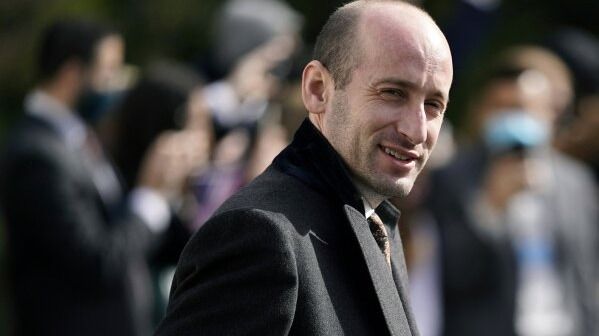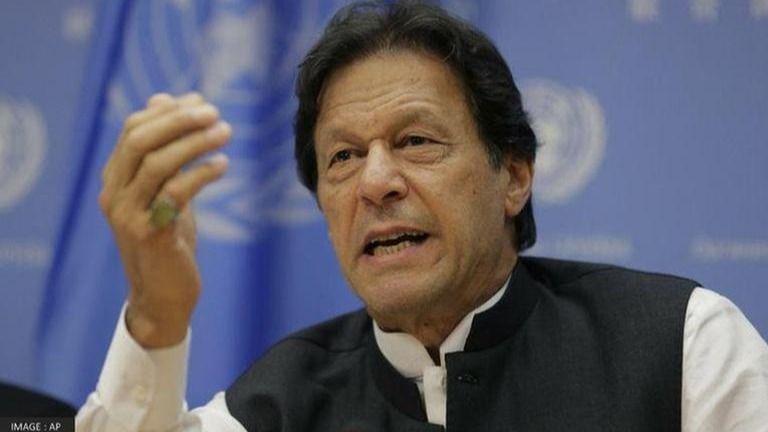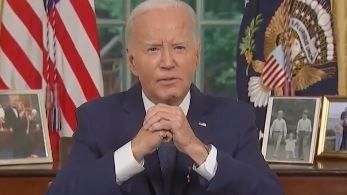With Stephen Miller back in the White House as a key advisor, many in the tech industry, particularly Indian professionals, are bracing for potential shifts in the H-1B visa program. Known for his hardline stance on immigration, Miller previously proposed significant reforms to the H-1B system, which allows skilled foreign professionals to work in the U.S. in fields like engineering, science, and programming. This visa program, which annually issues 65,000 slots, has long been a crucial pathway for international talent, including many from India, to contribute to the U.S. tech industry.
In 2017, Miller suggested scrapping the existing H-1B lottery system entirely, arguing it allowed outsourcing firms to flood the process with applications, thus increasing their chances of securing visas for entry-level positions, sometimes at the cost of local workers. Instead, he proposed allocating visas based on wages, favoring higher-paid positions to prioritize highly skilled labor. He also raised the idea of increasing application costs for larger companies as a way to discourage bulk filings. When presented with the notion of raising fees, top tech CEOs from companies such as Google, Apple, and Facebook—present at the White House meeting—did not object.
Here is what you need to know
Many in the industry argue the H-1B program is essential to attract global talent and maintain competitiveness. Satya Nadella, CEO of Microsoft, emphasized this in 2017, stating that technology companies need flexibility to recruit talent internationally when necessary. Miller’s proposed changes, however, could shift the program’s focus away from entry-level tech roles commonly outsourced to foreign workers, instead aiming to secure visas for high-paying jobs that typically attract experienced U.S.-based professionals.
For Indian techies, Miller’s return could mean stricter criteria for H-1B eligibility and higher costs for application processing. Some of his past proposals include imposing a 10-year waiting period on H-1B eligibility for international students, which would complicate the process for newly graduated international students aiming to work in the U.S.
Miller is a hardliner on immigration
Stephen Miller’s views extend beyond the H-1B program. As an immigration advisor in Trump’s first administration, he took a lead role in meetings about deporting foreign nationals, arguing passionately for tougher stances. During these discussions, Miller reportedly referenced crimes by noncitizens, often presenting cases in emotionally charged terms to underscore his commitment to protecting “American lives.” In one session, he asked: “What are we doing to save American lives?” He argued that reducing immigration would enhance safety for U.S. citizens, a stance that aligns with his broader approach to limiting both legal and illegal immigration.
For many in the tech industry and for H-1B hopefuls, Miller’s influence signals a potentially restrictive era, especially if his policy proposals from the previous administration are revisited.
Trump 2.0: How Stephen Miller’s Role Could Impact Indian H-1B Applicants world-news World News | Latest International News | Global World News | World Breaking Headlines Today




